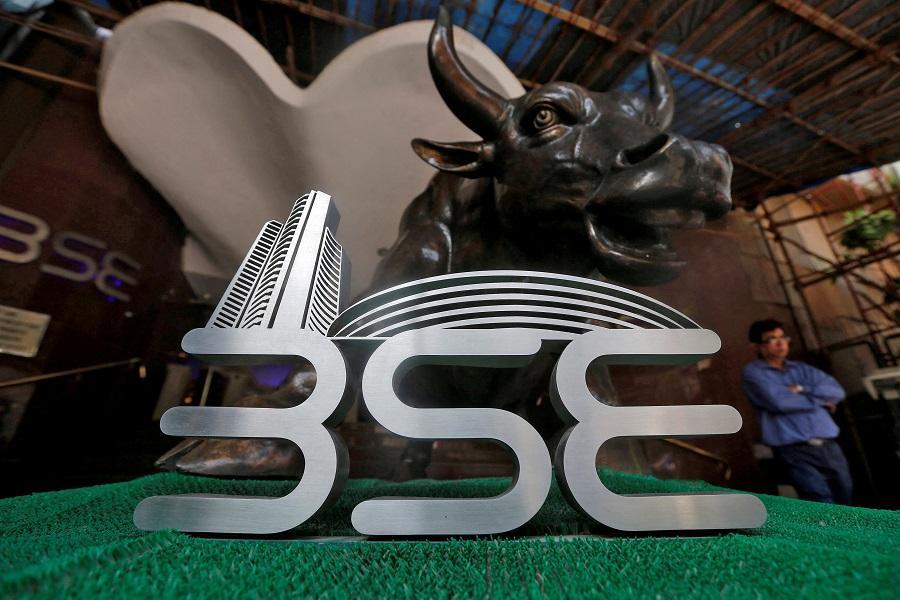 |
|
India's financial markets are bracing for a potentially volatile day, with analysts predicting a marginal increase in benchmark indexes on Wednesday. However, this anticipated uptick is tempered by significant concerns surrounding slowing corporate earnings and persistent foreign capital outflows. The current market sentiment reflects a cautious optimism, highlighting the complex interplay of factors influencing investor behavior. The Nifty index, a key indicator of the Indian stock market's performance, has already experienced a 2% decline in January alone, a further indication of the prevailing uncertainty. This downturn places the Nifty nearly 12% below its record high, achieved on September 27th, 2024, underscoring the significant correction the market has undergone in recent months.
The slowdown in corporate earnings presents a major headwind for the Indian stock market. Several key sectors are experiencing diminished profitability, impacting investor confidence and prompting a reassessment of investment strategies. This decline in earnings is attributed to a confluence of factors, including global economic slowdown, rising inflation, and shifts in consumer spending patterns. Analysts are closely monitoring the performance of individual companies and their ability to adapt to these challenging market conditions. The sustainability of the earnings slowdown is a key concern, with investors anxiously awaiting further data to gauge the extent of the impact and the potential for future recovery.
Adding to the market's unease is the sustained outflow of foreign investment. Foreign institutional investors (FIIs) have been net sellers of Indian equities for several months, contributing to the downward pressure on market indexes. This trend reflects concerns about global economic prospects, rising interest rates in developed economies, and the relative attractiveness of other emerging markets. The persistent outflows underscore the vulnerability of the Indian market to global macroeconomic headwinds. The extent to which FIIs will continue to withdraw investment and the potential for a reversal of this trend are critical factors influencing the overall market outlook.
The predicted marginal increase in market indexes on Wednesday is therefore not a sign of fundamental improvement but rather a potential short-term fluctuation within a broader context of uncertainty. Investors are likely to remain cautious, adopting a wait-and-see approach until more concrete data emerges regarding corporate earnings and foreign investment flows. The prevailing sentiment underscores the need for a more in-depth understanding of the underlying economic forces driving market behavior. A more comprehensive analysis is crucial for informed investment decisions and for a better understanding of the medium-to-long-term prospects for the Indian stock market.
Looking ahead, several key factors will influence the trajectory of the Indian stock market. These include government policies aimed at stimulating economic growth, the ongoing global economic situation, and the performance of major corporate players. The effectiveness of government interventions in mitigating the impact of slowing earnings and the extent to which foreign investors remain concerned about global instability will be decisive in determining the direction of the market. While a marginal increase may be anticipated in the short term, the long-term outlook hinges on the resolution of these underlying economic challenges.
In conclusion, the Indian stock market faces a period of considerable uncertainty, marked by slowing corporate earnings and persistent foreign capital outflows. While a slight increase is predicted for Wednesday, investors are advised to exercise caution, given the complex interplay of domestic and global factors impacting market performance. A detailed examination of these elements is essential for understanding the short-term volatility and long-term potential of the Indian stock market. Continued monitoring of economic indicators and corporate performance will be vital in navigating the current market environment.
